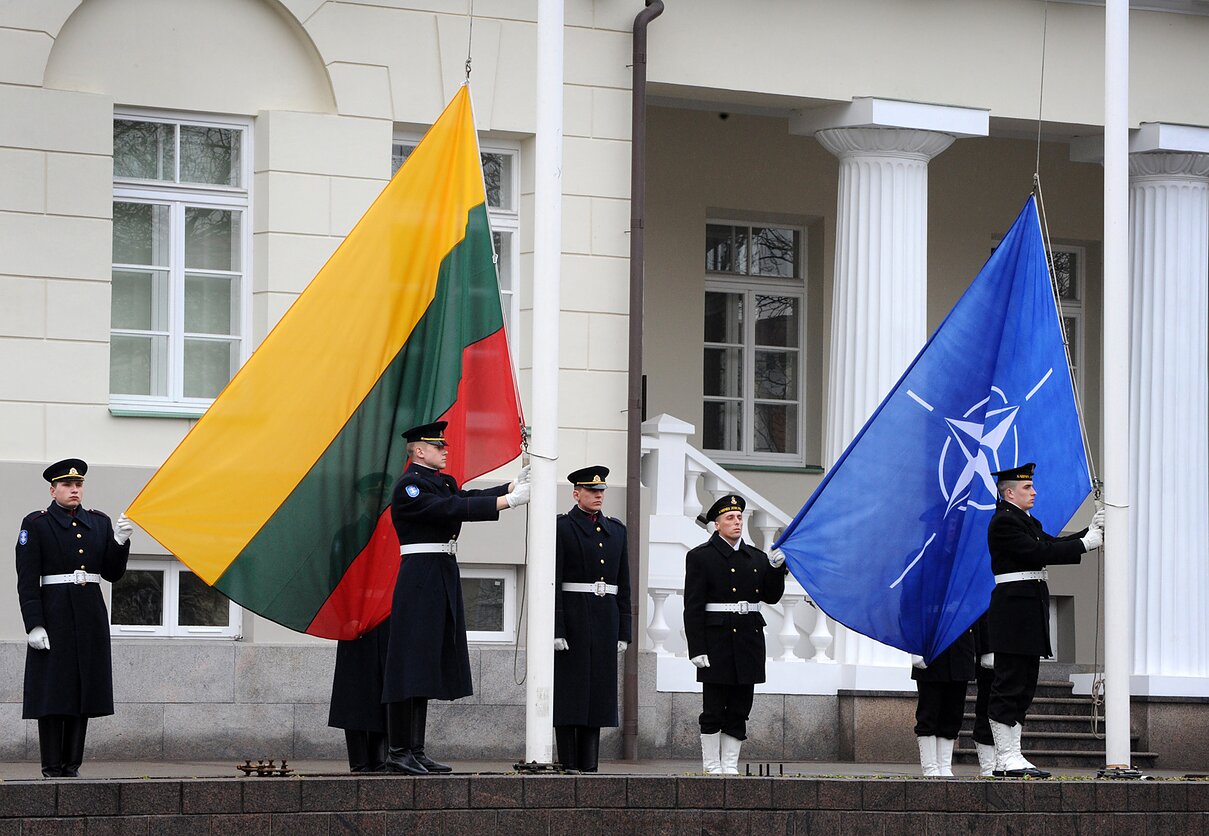Ahead of the NATO summit in Vilnius on July 11-12, a heated debate has arisen over Ukraine’s potential NATO membership and the proposed security guarantees for Kyiv.
While Eastern European nations, such as Poland and the Baltic States, insist on Ukrainian membership, U.S. President Joe Biden reportedly expressed in February that Ukraine joining NATO is a “red line.”
Meanwhile, French President Emmanuel Macron advocates for “tangible and credible security guarantees” in lieu of membership, a sentiment shared by German Chancellor Olaf Scholz.
Eastern Europe, particularly Poland, and the Baltic states, maintain their advocacy for Ukraine’s membership, even though Ukraine joining NATO would effectively lead to war.

Lithuania’s parliament, for instance, passed a resolution in April calling for Kyiv to be offered membership during the upcoming NATO summit in Vilnius.
Poland’s president, Andrzej Duda, echoed this sentiment, hoping the summit will provide a clear path for Ukraine’s future membership in the alliance.
While NATO Secretary General Jens Stoltenberg implies consensus within the alliance on Ukraine’s admission, this isn’t entirely accurate.
While the prospect of accession was given to Kyiv in 2008, it doesn’t imply imminent or foreseeable admission.
Notably, the most outspoken opposition against Ukraine’s admission to NATO has come from the United States, citing potential complications for future negotiations with Moscow.
In place of membership, Western countries propose offering security guarantees to Ukraine.
The details of these guarantees remain uncertain, but a potential model has been presented by former NATO Secretary General Anders Fogh Rasmussen and Zelensky’s cabinet chief Andrij Jermak.
This model, called “The Kyiv Security Compact,” suggests providing Ukraine with advanced military equipment, training soldiers, and assisting in developing a potent arms industrial base.
Moreover, Chancellor Scholz agrees with the notion of security guarantees, stating, “We need something like this, and we need it in a very concrete form.”
There is increasing pressure to formalize such commitments at the Vilnius summit.
If these guarantees fail, there are concerns that Poland and the Baltic states might independently escalate their support for Kyiv, potentially even deploying troops to Ukraine.
This conflict has sparked fears of disrupting NATO’s unity, with unclear outcomes from a recent meeting between Macron, Scholz, and Duda.
Whether the dispute will be resolved before the Vilnius summit remains uncertain, setting the stage for potential tensions within the alliance.

